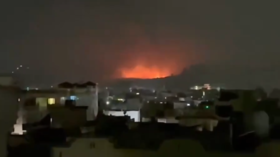12 likely causes of the Apocalypse, as seen by scientists
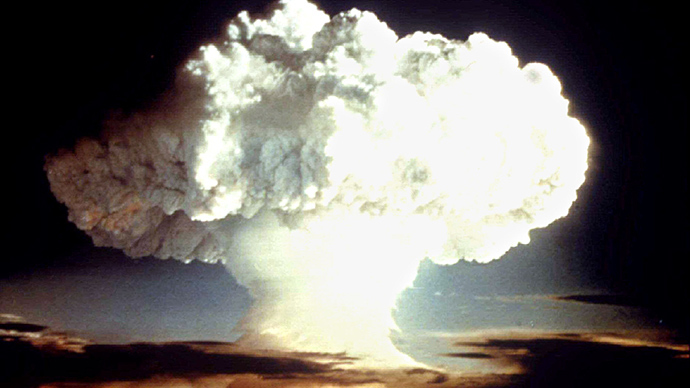
Filmmakers, authors, and media have widely speculated about how human life on Earth will end. Now scientists have come up with the first serious assessment, presenting 12 possible causes of the Apocalypse.
Scientists from Oxford University's Future of Humanity Institute and the Global Challenges Foundation have compiled the first research on the topic, drawing a list of 12 possible ways that human civilization might end.
The idea of the study is not quite new. However, due to its treatment in popular culture, the possibility of the world’s infinite end provokes relatively little political or academic interest, making a serious discussion harder, according to researchers.
“We were surprised to find that no one else had compiled a list of global risks with impacts that, for all practical purposes, can be called infinite,” said co-author Dennis Pamlin of the Global Challenges Foundation. “We don’t want to be accused of scaremongering but we want to get policy makers talking.”
Below is the list of threats, ranked from least to most probable.
Asteroid impact
If an asteroid about five kilometers in size were to collide with our planet, the main destruction would be from clouds of dust projected into the upper atmosphere – which would affect climate change and food supplies, and cause political instability. Larger sized objects could cause immediate extinction on the planet. Large asteroid collisions happen about once every 20 million years, the report says. Probability: 0.00013%

Super-volcano eruption
A volcano capable of causing an eruption with an ejecta volume greater than 1,000 km3 could cause a global catastrophe. The dust projected into the atmosphere would absorb the Sun’s rays and cause global freezing. The effects of possible eruptions can be compared to those of a nuclear war, only without the firestorms. Probability: 0.00003%

Global pandemic
A high impact epidemic is more probable than is widely believed, as all the features of an extremely devastating disease already exist in nature, the report says, giving examples of several devastating illnesses including Ebola, rabies, an infectious cold, and HIV. If all were combined, “the death toll would be extreme.”Probability: 0.0001%
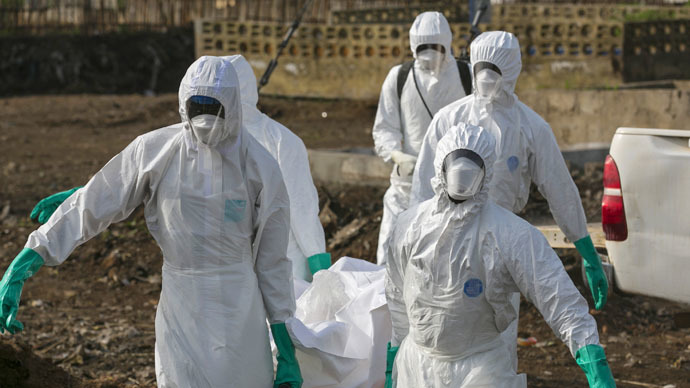
Nuclear war
The possibility of a deliberate or accidental nuclear conflict in the next century or so is estimated at 10%. The larger impact would depend on whether the conflict would trigger a “nuclear winter” – a climatic effect that would plunge temperatures below freezing, destroy most of the ozone layer, and start firestorms, which would likely lead to mass starvation and state collapse. Probability: 0.005%
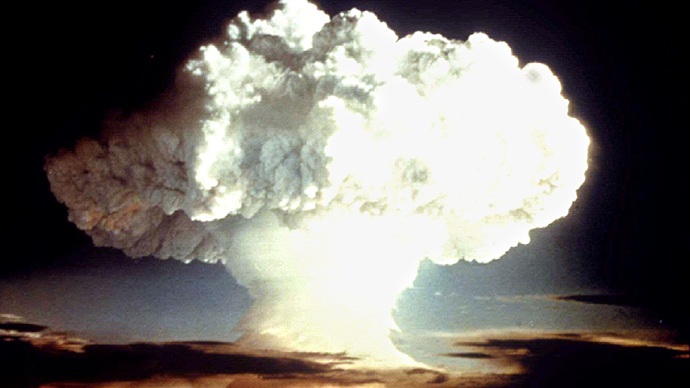
Extreme climate change
The report warns that climate change could be more extreme than some estimates suggest. The world's poorest countries could become completely uninhabitable. Climate change could lead to mass deaths, famines, social collapse, and mass migration. Probability: 0.01%
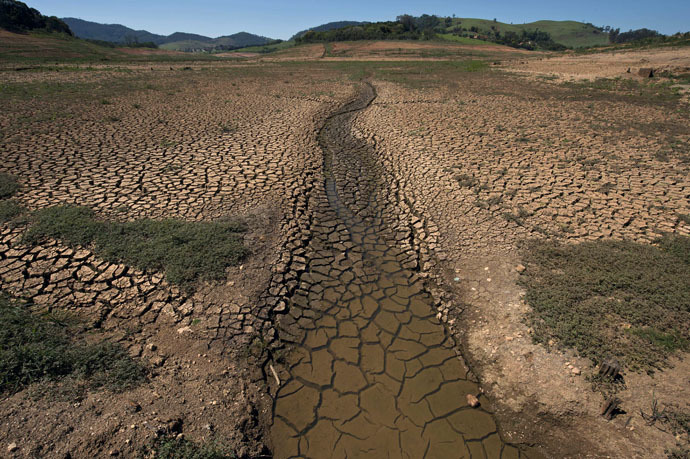
Synthetic biology
The most damaging impact from synthetic biology to human civilization would come from an engineered pathogen targeting humans or a crucial component of the ecosystem, the report states. Such would emerge from military or commercial bio-warfare, bio-terrorism, or leaked pathogens. Probability: 0.01%
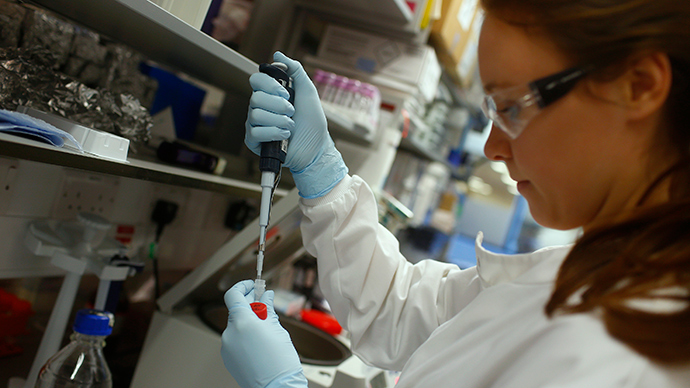
Nanotechnology
Atomically precise manufacturing would create smart or extremely resilient materials, and allow many different groups to manufacture a wide range of things – including large arsenals of novel weapons, such as nuclear ones. Probability: 0.01%

Unknown consequences
These are all the unknowns that could lead to the end of the world, scientists say, urging for extensive research into the matter. “One resolution to the Fermi paradox – the apparent absence of alien life in the galaxy – is that intelligent life destroys itself before beginning to expand into the galaxy.”Probability: 0.1%
There are also a few potential causes of the Apocalypse which have not had a probability assessed to them.

Ecological collapse
In this scenario, the ecosystem would suffer a drastic change that would lead to mass extinction. Species extinction is now far faster than the historic rate, and attempts to quantify a safe ecological operating space place humanity well outside it. Probability: N/A
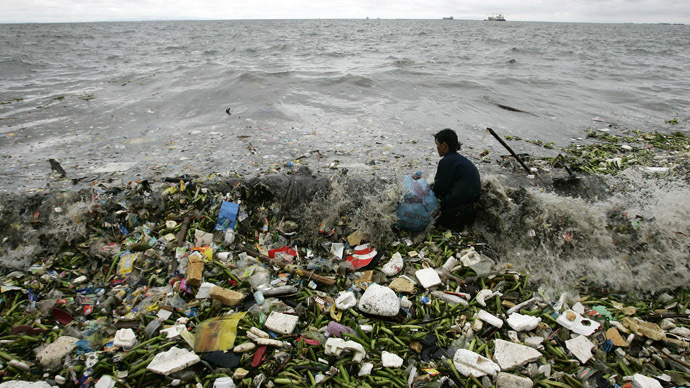
Global system collapse
The world economic and political systems are interconnected, and are prone to system-wide failures caused by the structure of the network. Economic collapse is usually accompanied by social chaos, civil unrest, and a breakdown of law and order. Probability: N/A
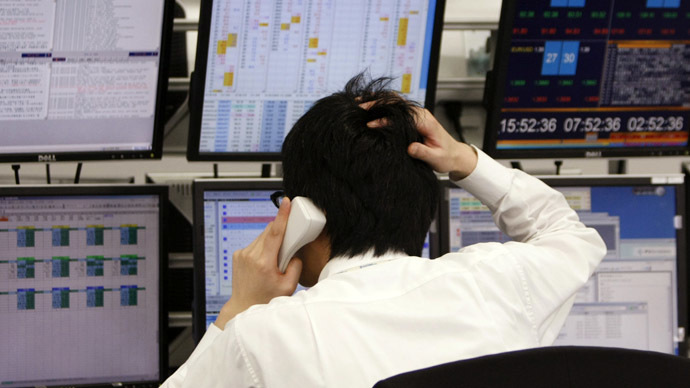
Future bad governance
A disaster could be caused by failing to solve major problems; for example, a failure to alleviate global poverty, or actively causing worse outcomes – like constructing a global totalitarian state. Probability: N/A

And lastly, the most probable of all the mentioned causes of the Apocalypse is...
Artificial Intelligence
READ MORE: Living forever as robot? Prototype lets humans upload their mind into mechanized ‘heads’
The creation of human-level intelligence can result in the possibility that this intelligence will be driven to construct a world without humans. There is also a possibility of artificial intelligence waging war or creating “whole brain emulations” that would give machines human minds.
On the other hand, the report also says it is probable that such intelligence could counter other apocalyptic causes presented in the study. Probability: 0-10%


